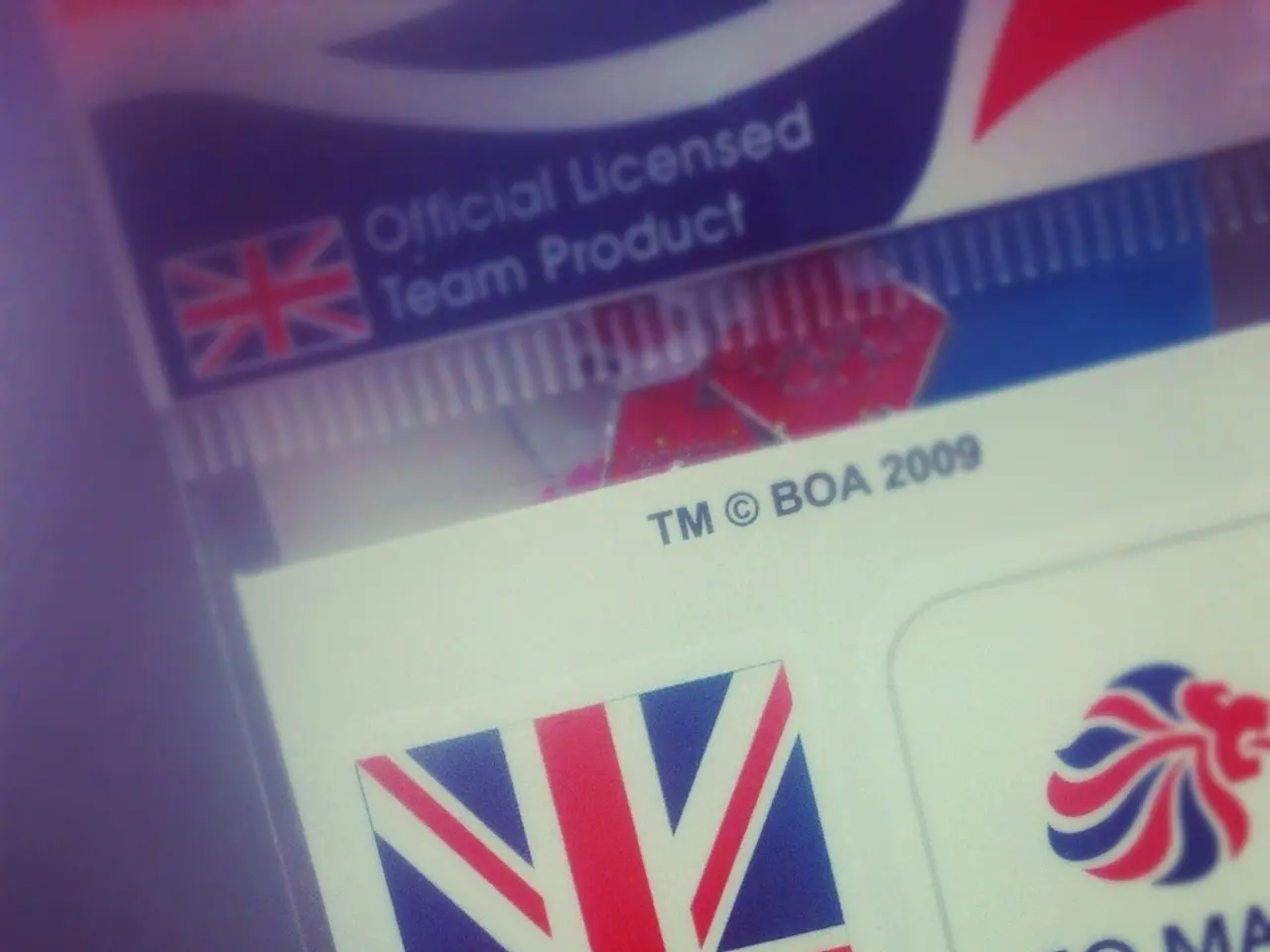Understanding the Illinois Biometric Information Privacy Act (BIPA): Key Insights Explained
In the rapidly evolving digital age, the protection of personal data, especially biometric data, has become a paramount concern. This article explores the key differences in biometric data privacy laws across various states, with a focus on Illinois' Biometric Information Privacy Act (BIPA), Michigan, New Hampshire, Alaska, and Montana.
Illinois BIPA stands out as one of the most comprehensive biometric privacy laws in the United States. Companies operating in Illinois are required to obtain *informed written consent* before collecting or disclosing biometric identifiers such as fingerprints, facial recognition, or hand scans. The law mandates strict *data retention and destruction policies* and gives individuals a *private right of action* to sue for violations. BIPA has a *five-year statute of limitations* for biometric claims, leading to class action lawsuits and settlements over unauthorized biometric data collection.
In contrast, Michigan's data privacy laws, while including policies on data privacy and security sanctions, do not have a standalone, consumer-specific biometric privacy statute comparable to BIPA. The state primarily emphasizes *sanctions and enforcement policies* for data privacy violations within government agencies, not necessarily extending to private sector biometric data collection.
New Hampshire, Alaska, and Montana have biometric privacy laws, but they are generally less comprehensive than Illinois' BIPA. These states often require some level of *consumer notification* or *consent*, but may not require explicit written consent or impose as detailed requirements on retention or destruction of biometric data. Enforcement mechanisms and private rights of action may be more limited or differ significantly from Illinois.
It's worth noting that BIPA is one of the strictest and most controversial US laws related to biometric data. The key terms under BIPA include "private entities", "biometric information", and "biometric identifiers". A "private entity" is any individual, partnership, corporation, etc., operating in Illinois. "Biometric information" is any information based on an individual's biometric identifier used to identify them. No biometric data can be kept for longer than 3 years after the last interaction of the individual with the entity.
Other states, such as Michigan, New Hampshire, Alaska, and Montana, have varying levels of biometric data privacy laws, but they do not match the stringent consumer protections and enforcement provisions found in Illinois' BIPA. For exact differences in these states, a more detailed review of their respective statutes would be necessary, as current sources provide limited specifics.
In conclusion, Illinois BIPA leads the way in biometric data privacy with its strict consent requirements, clear statutory protections, and private enforcement rights. Michigan focuses on data policies mainly within government contexts, while the other states have biometric laws with less stringent consumer protections and enforcement provisions.
References: [1] Illinois Biometric Information Privacy Act (BIPA) (2008) [2] Electronic Privacy Information Center (EPIC) [3] National Conference of State Legislatures (NCSL) [4] International Association of Privacy Professionals (IAPP) [5] Michigan Department of Health and Human Services (MDHHS)
- In contrast to Illinois' Biometric Information Privacy Act (BIPA), some other states, like Michigan, New Hampshire, Alaska, and Montana, have less comprehensive cybersecurity regulations specifically for data-and-cloud-computing regarding biometric data privacy, with fewer stringent consumer protections and enforcement provisions.
- Companies operating in Illinois are subject to stricter technology laws under BIPA, as they are required to obtain informed written consent before collecting or disclosing biometric identifiers, and they must adhere to strict data retention and destruction policies, which include a set five-year statute of limitations for biometric claims, thus making them liable for class action lawsuits and settlements over unauthorized biometric data collection.




